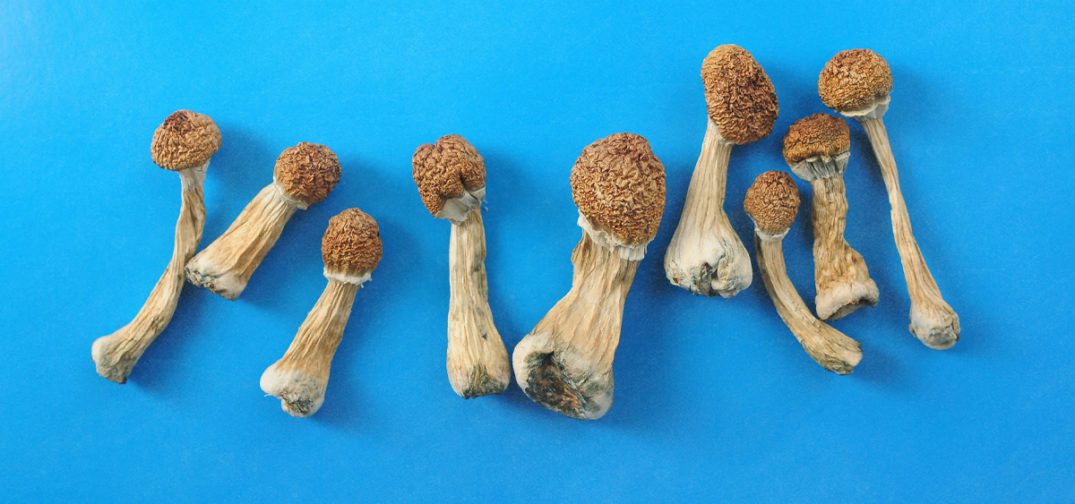A study published last month in the journal Science Advances suggests that psilocybin can change the part of the brain that is responsible for alcoholism and alcohol cravings, and may be able to reverse alcohol brain damage, Microdose reports. The research on rats focused on a “mGluR2” glutamate receptor in the brain that was damaged by alcohol use.
The team of more than 20 researchers “established model of alcohol dependence” in which the rats received chronic intermittent exposure to alcohol vapor, which the researchers said, “leads to intoxication levels similar to those seen in clinical alcohol addiction and induces long-lasting behavioral and pronounced molecular changes in the brain.”
The rats showed “persistent escalation of alcohol self-administration, increased motivation to obtain alcohol, and increased relapse-like behavior” and “were made alcohol-dependent by chronic intermittent exposure for seven weeks.” The brain-damaged rats were then divided into groups – one group received low dose psilocybin treatments, one received high doses, while the third received none of the compound.
In both of the psilocybin groups, the mGluR2 levels were regenerated after treatment, and the addictive behavior was reduced, with the group relapsing back to the alcohol about 45% less than the group that did not receive any psilocybin.
The researchers concluded that the preclinical results, combined with their previous research, “provide support for mGluR2 as a molecular target for treating reduced cognitive flexibility, craving, and relapse responses in alcohol-dependent patients.” The team suggested “an experimental medicine trial in alcohol-dependent patients to demonstrate improved cognitive flexibility in response to a single administration of psilocybin” and another “cue-elicited craving study in alcohol-dependent patients in the magnetic resonance imaging (MRI) scanner to demonstrate normalized functional connectivity in brain areas known to be involved in neuronal cue reactivity following a single application of psilocybin.”
“In the case that both proposed human experimental studies yield positive results,” the authors note, “a randomized controlled trial for testing the antirelapse properties of psilocybin is indicated.”
Get daily cannabis business news updates. Subscribe
End
